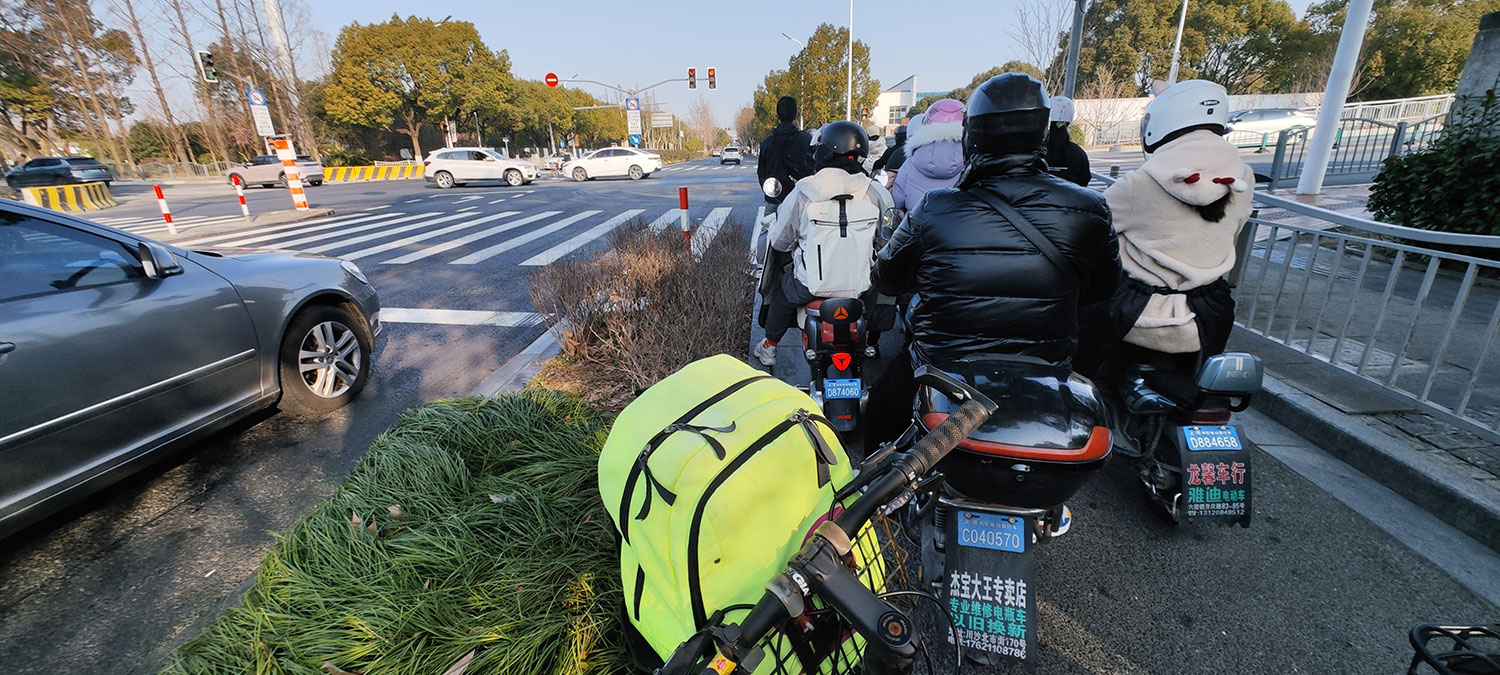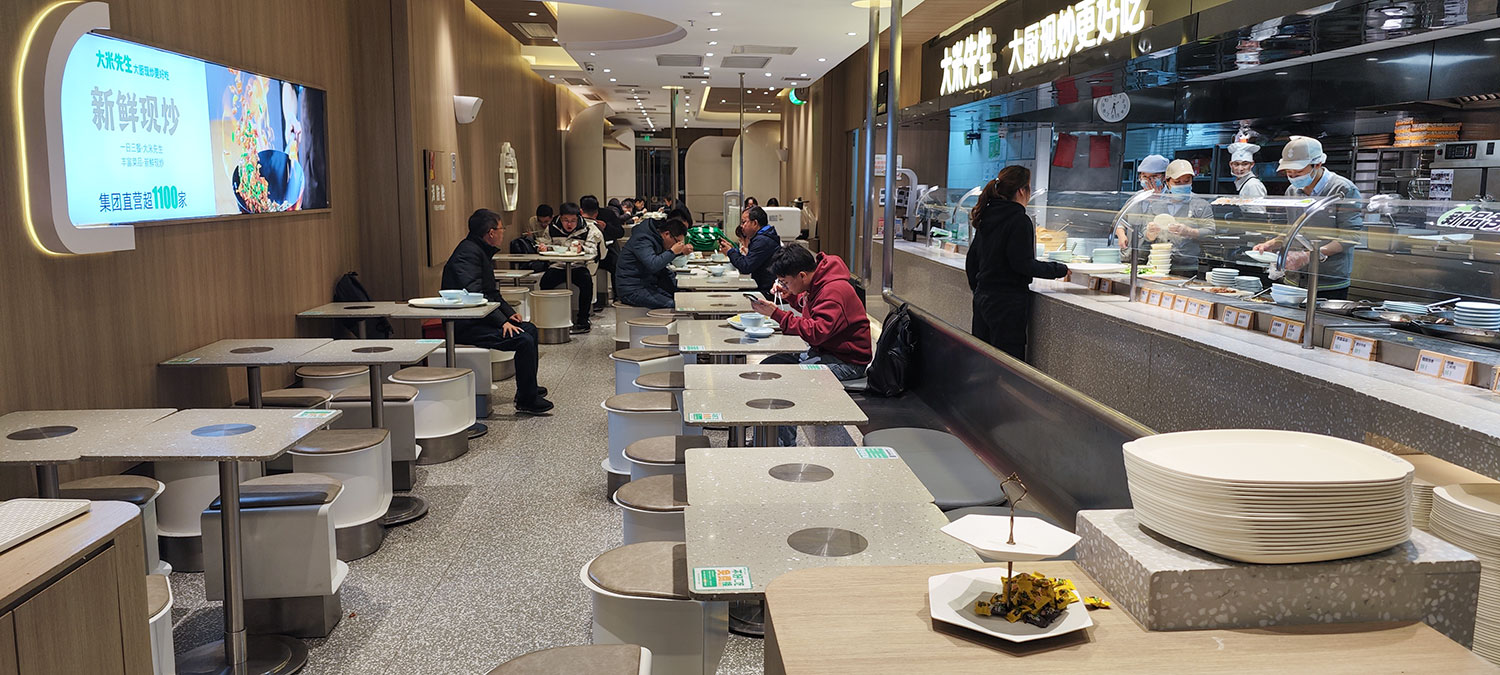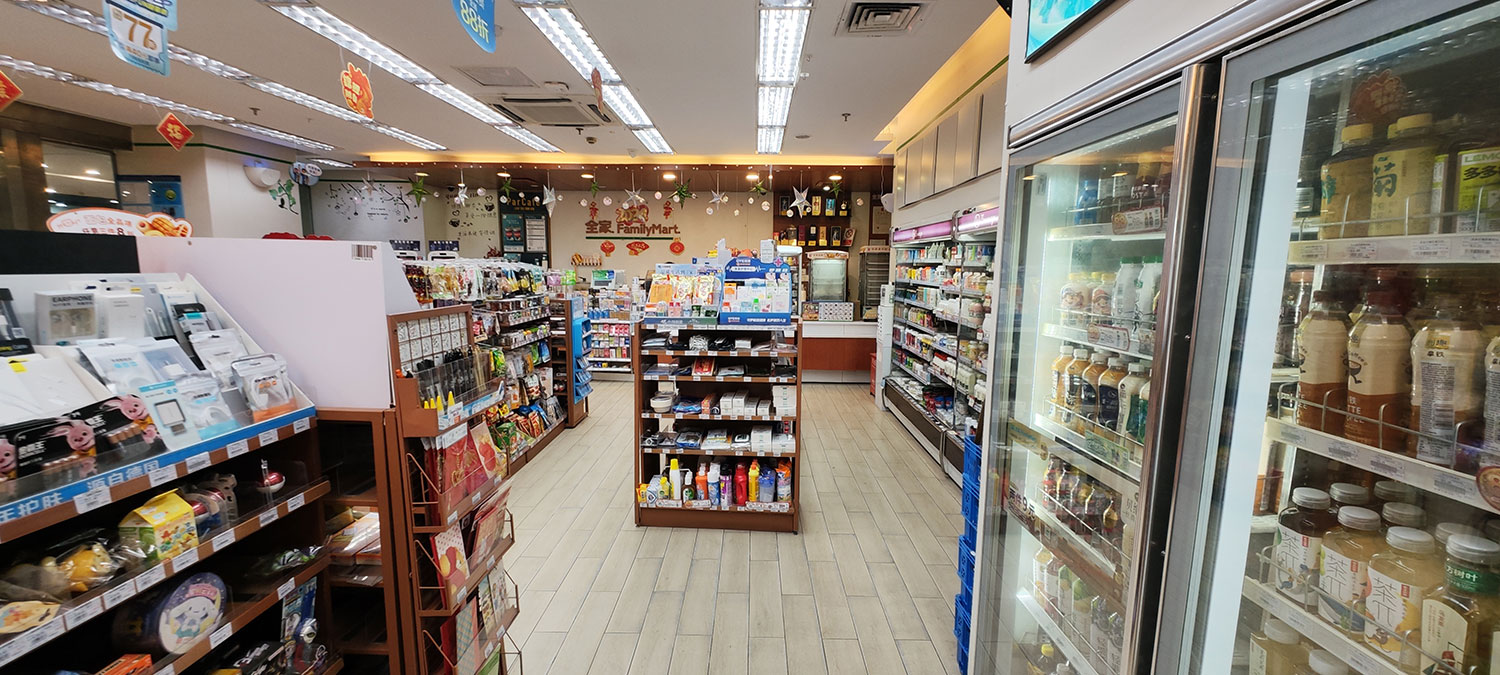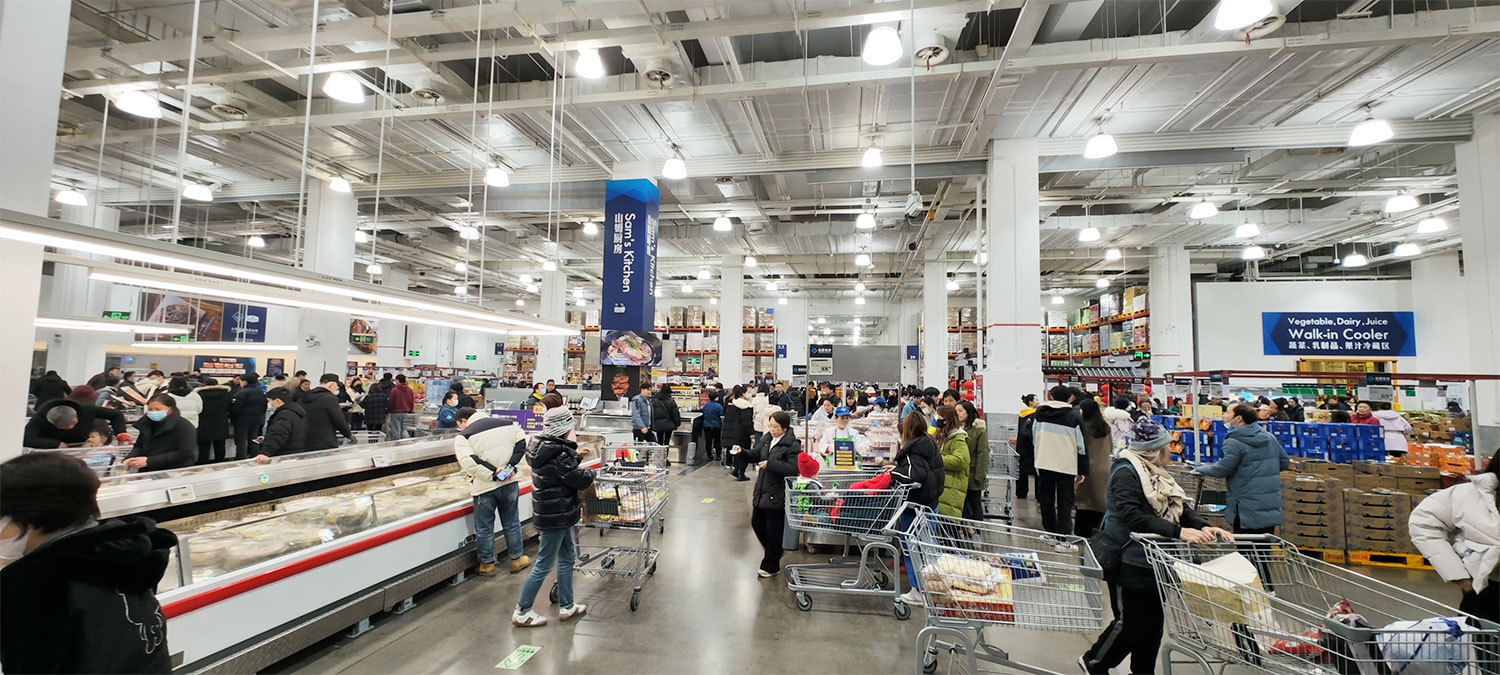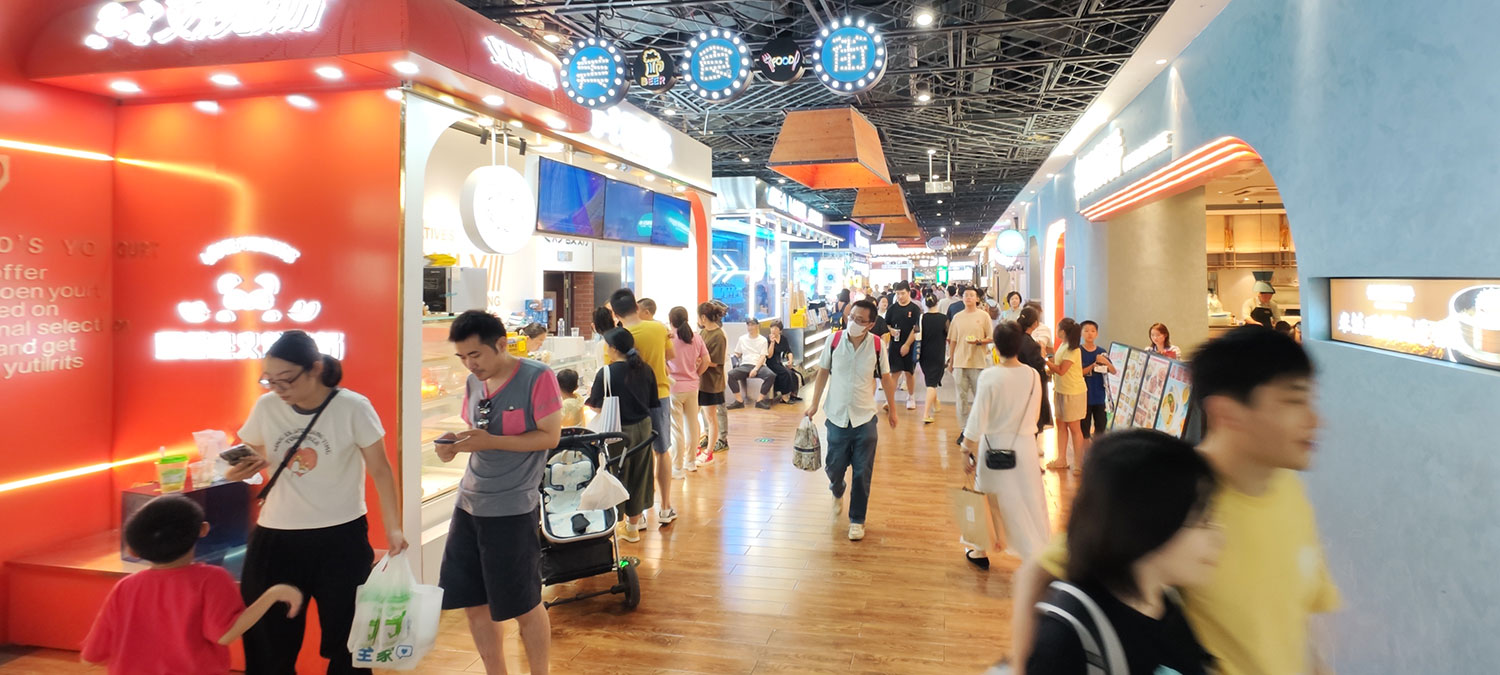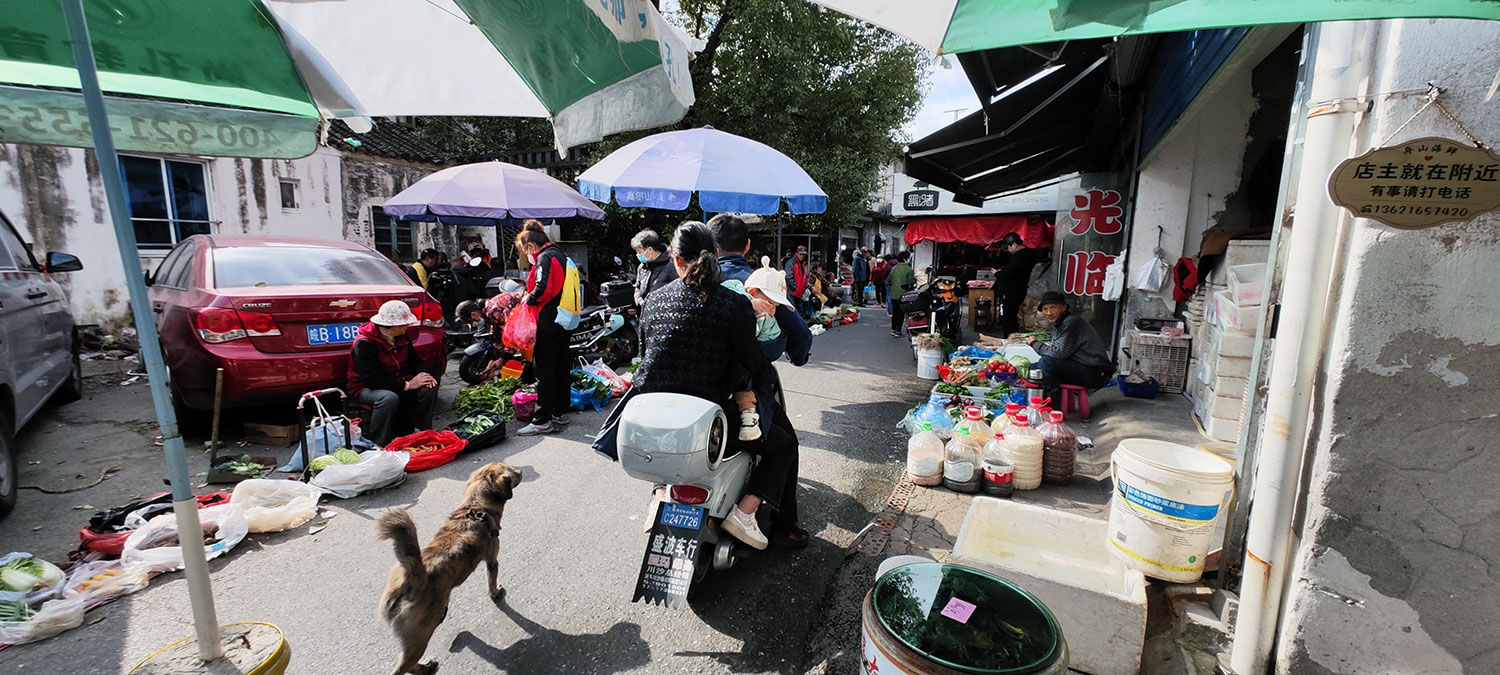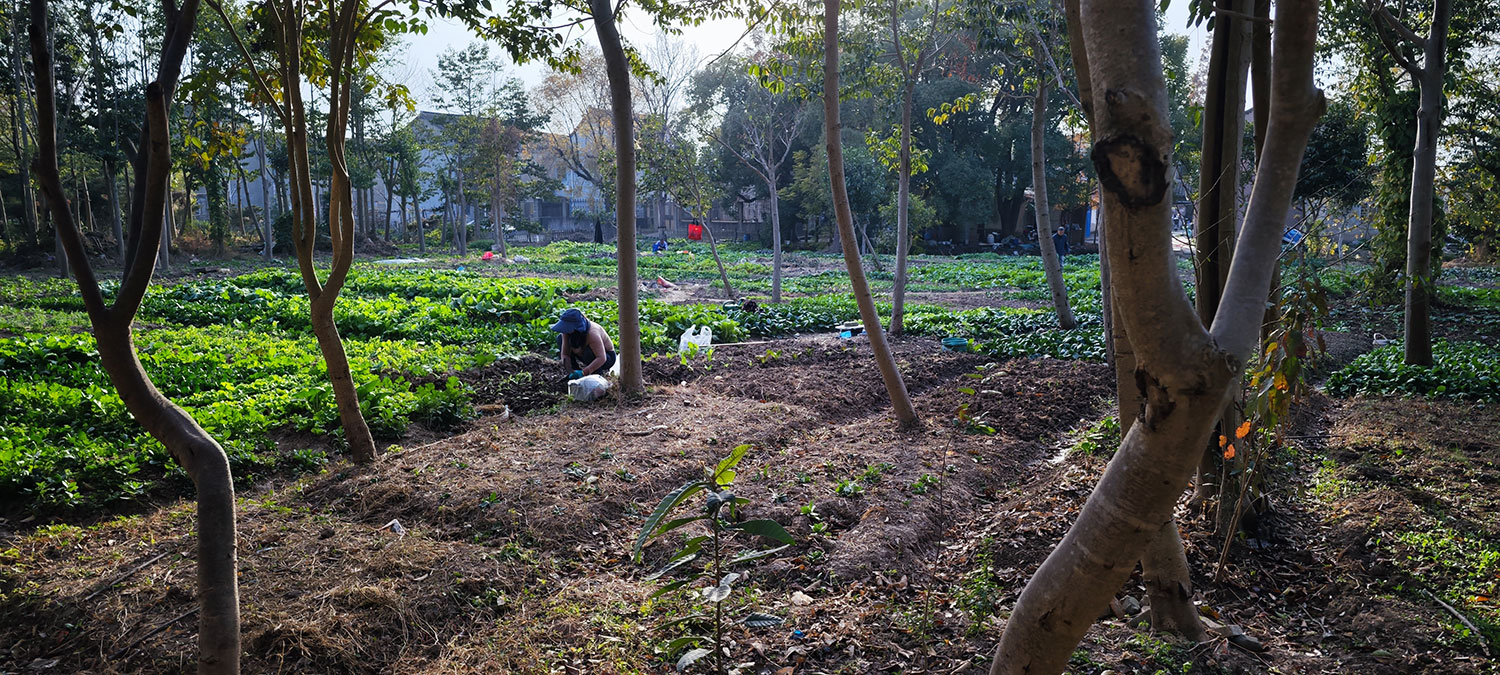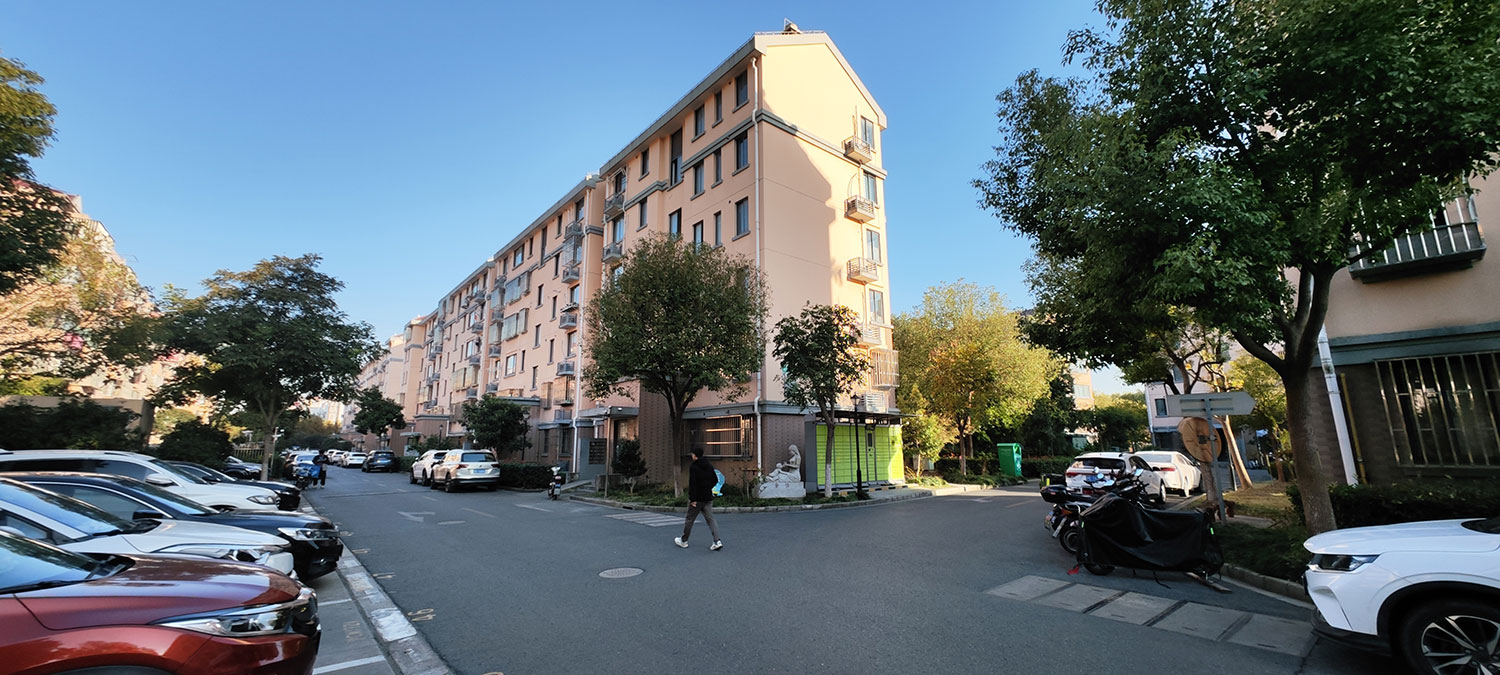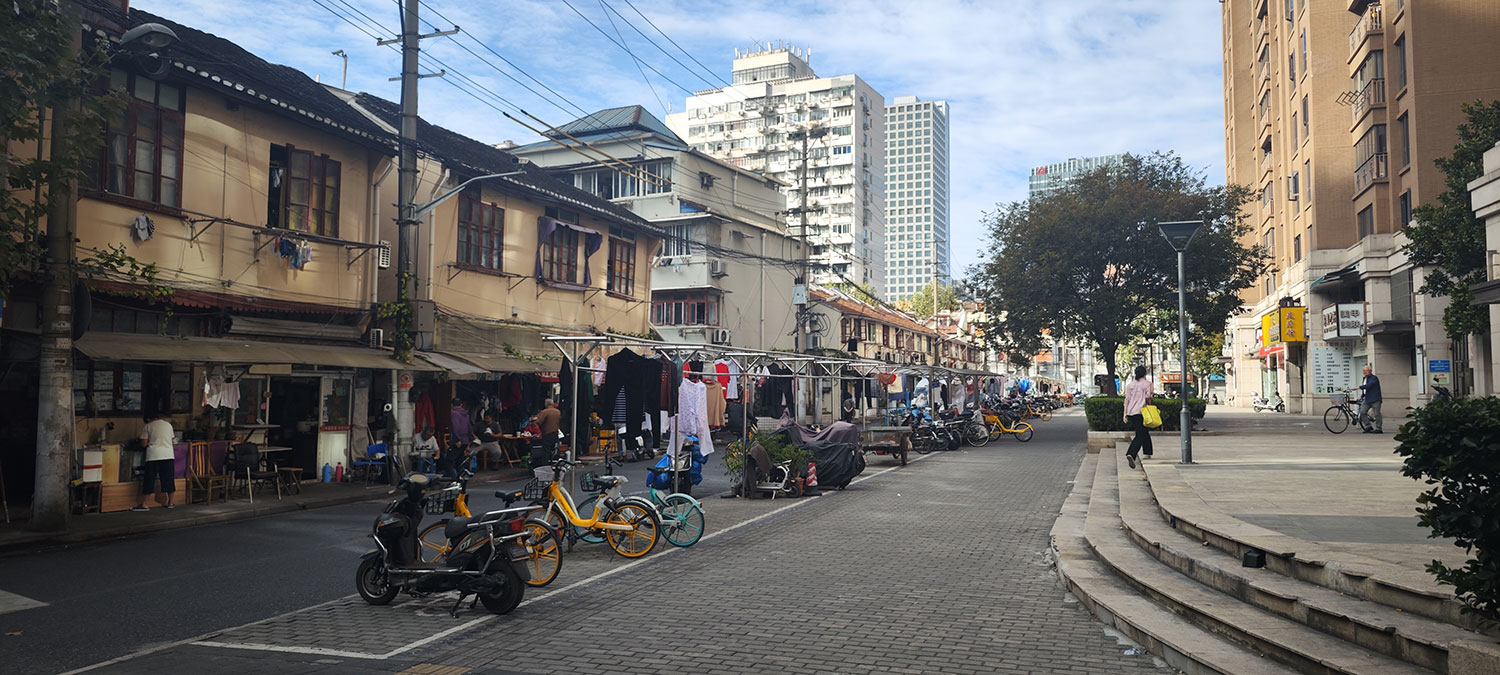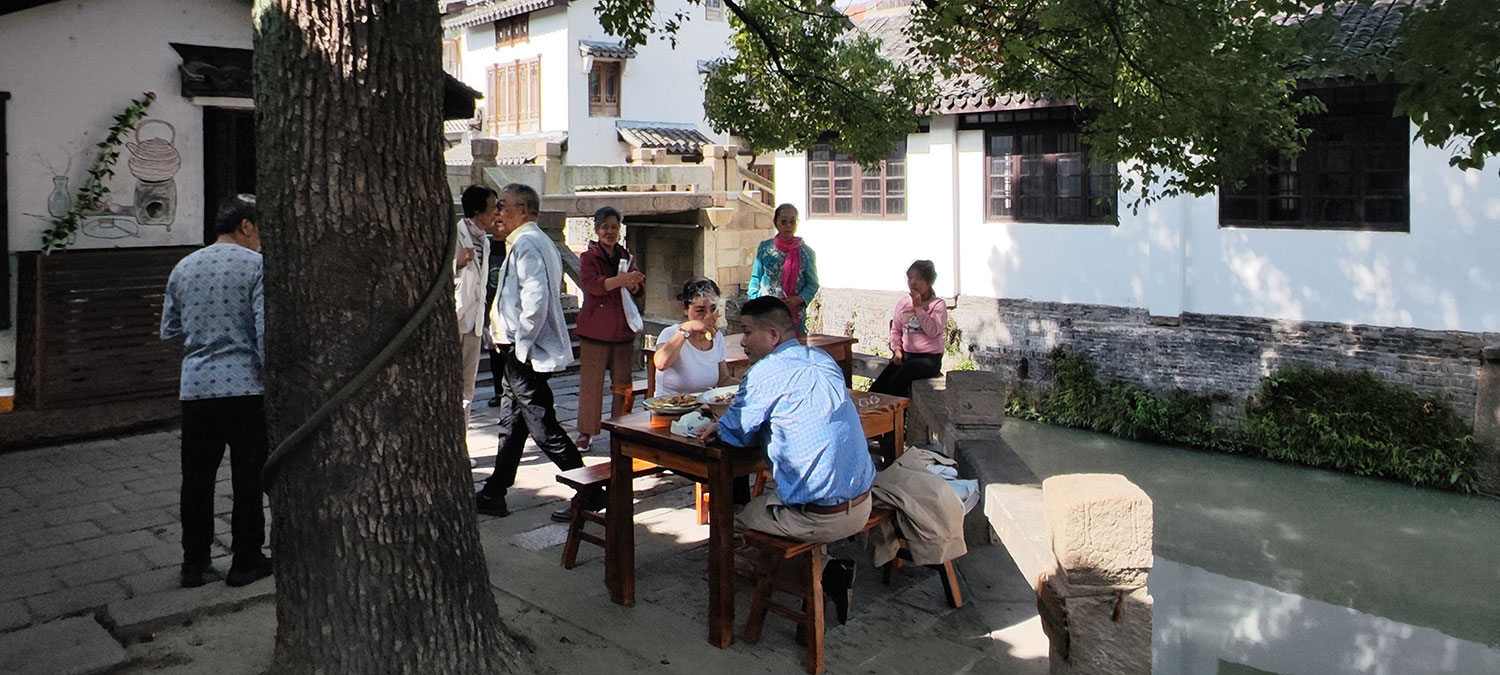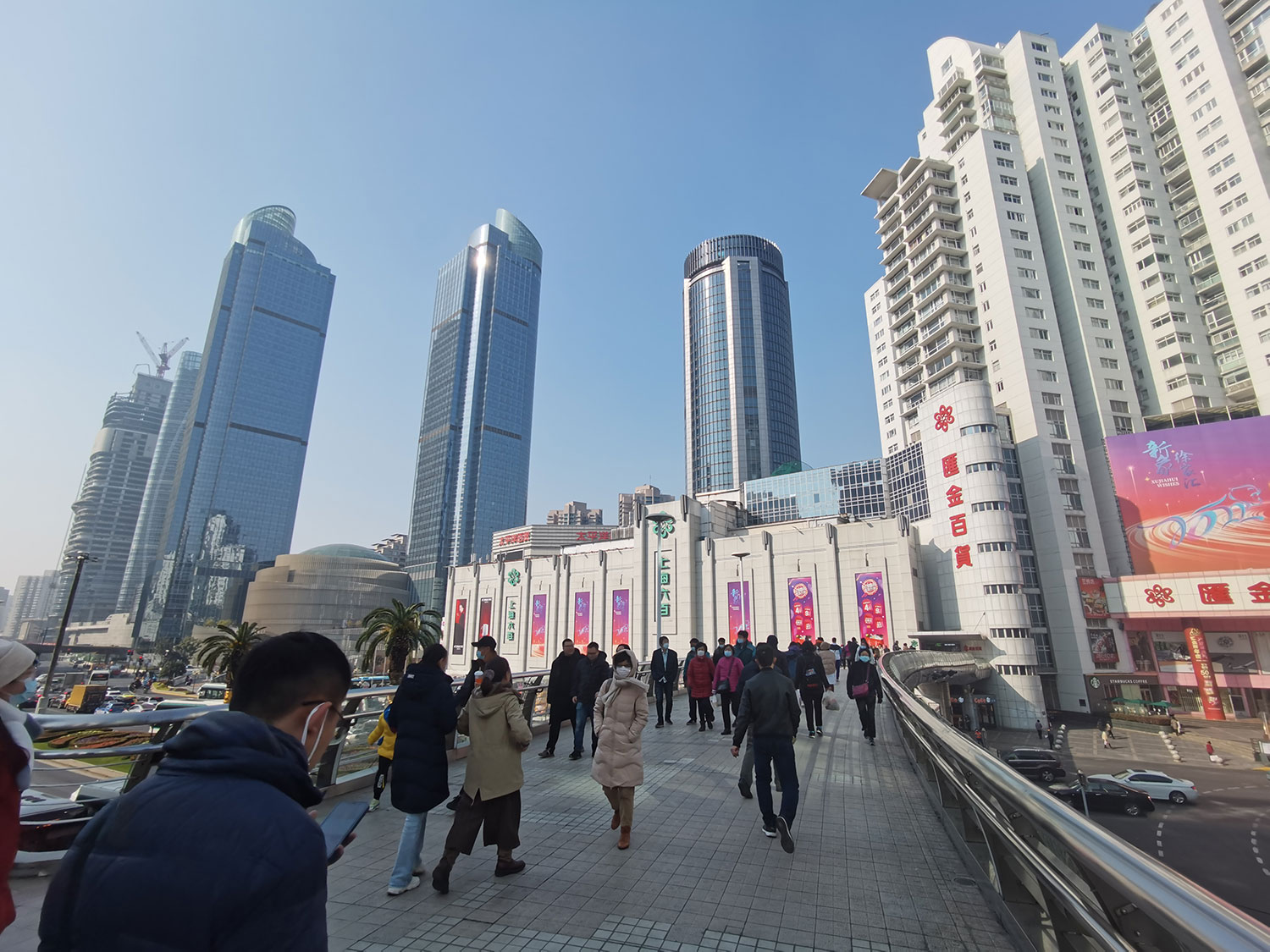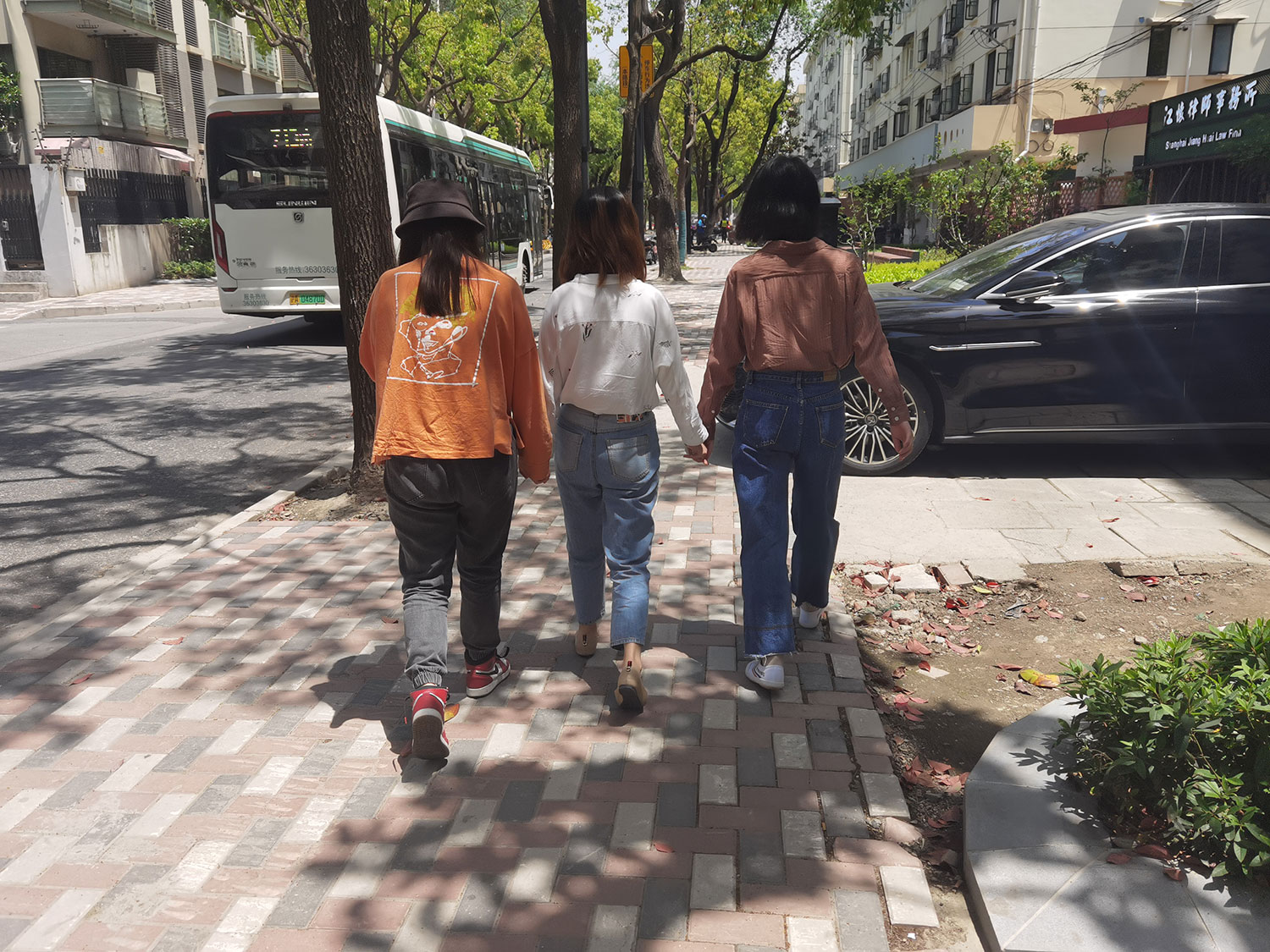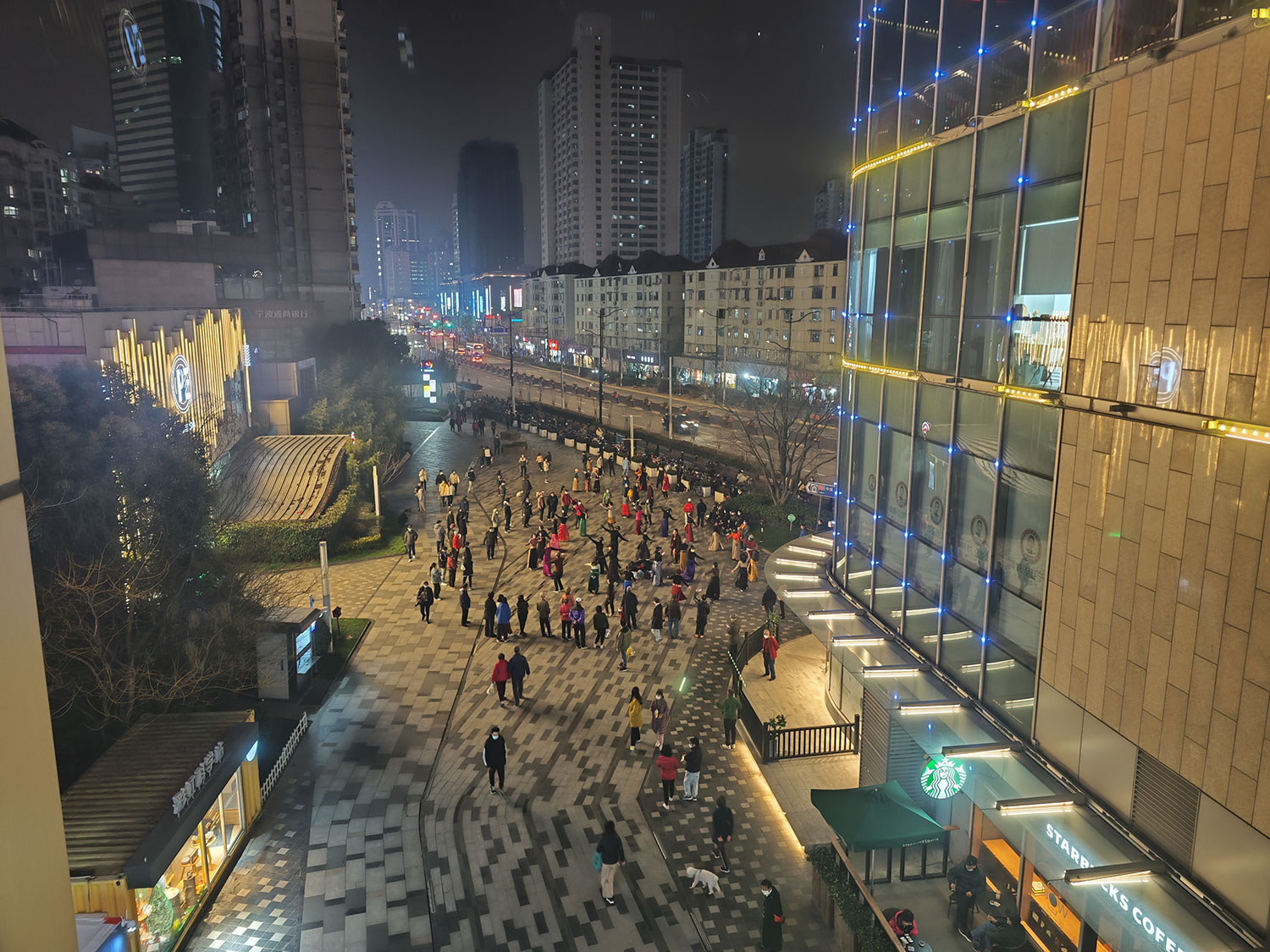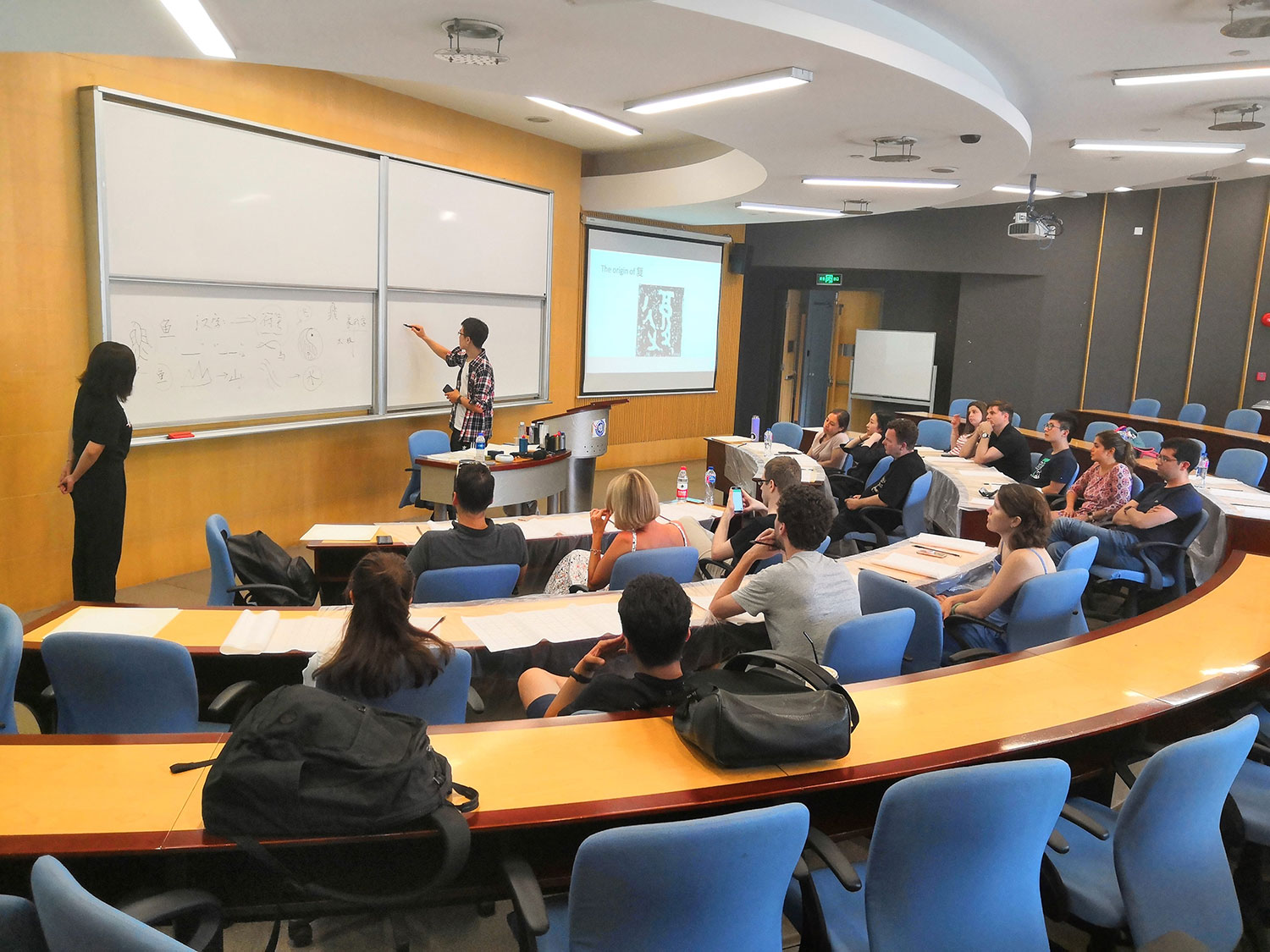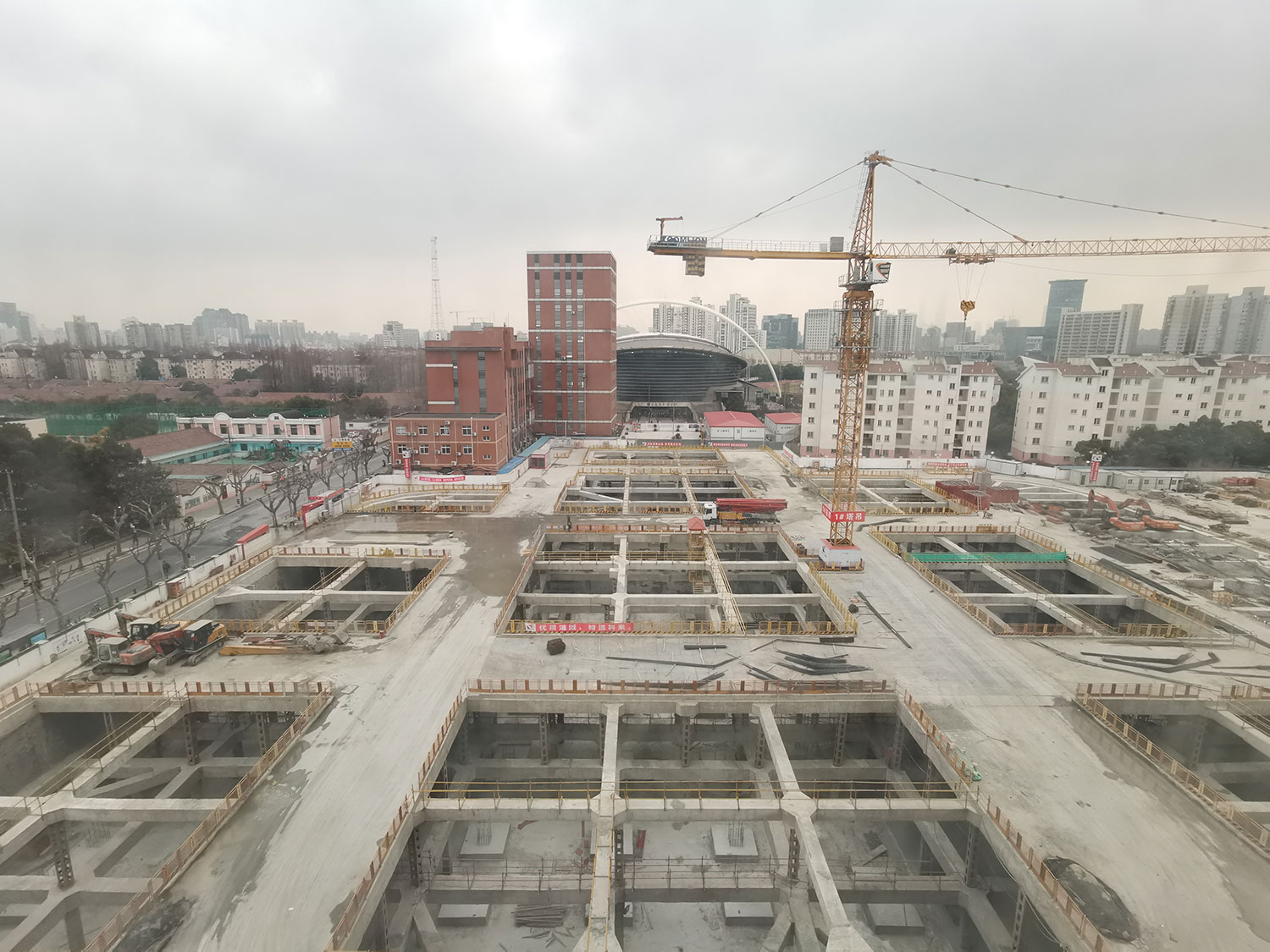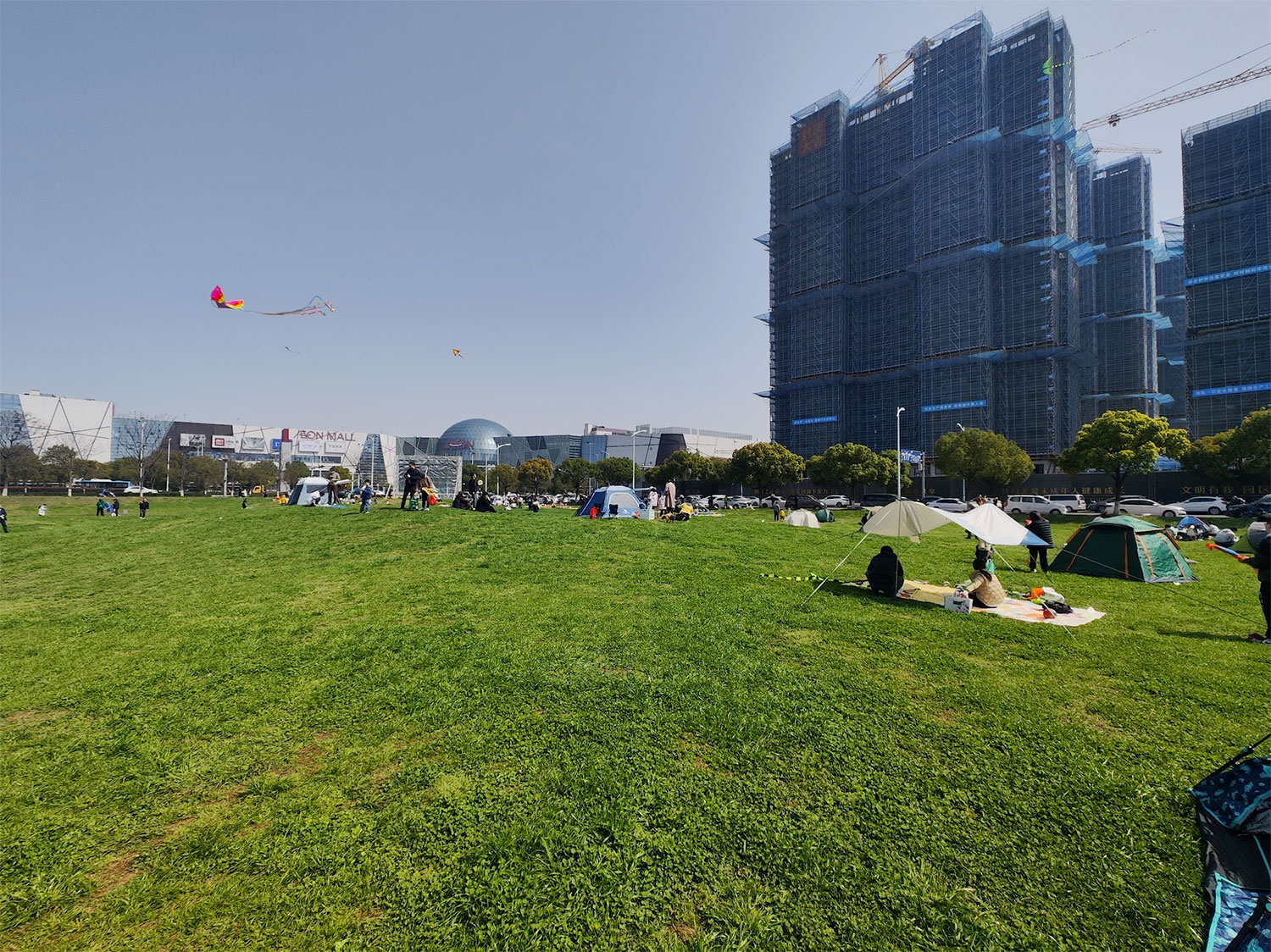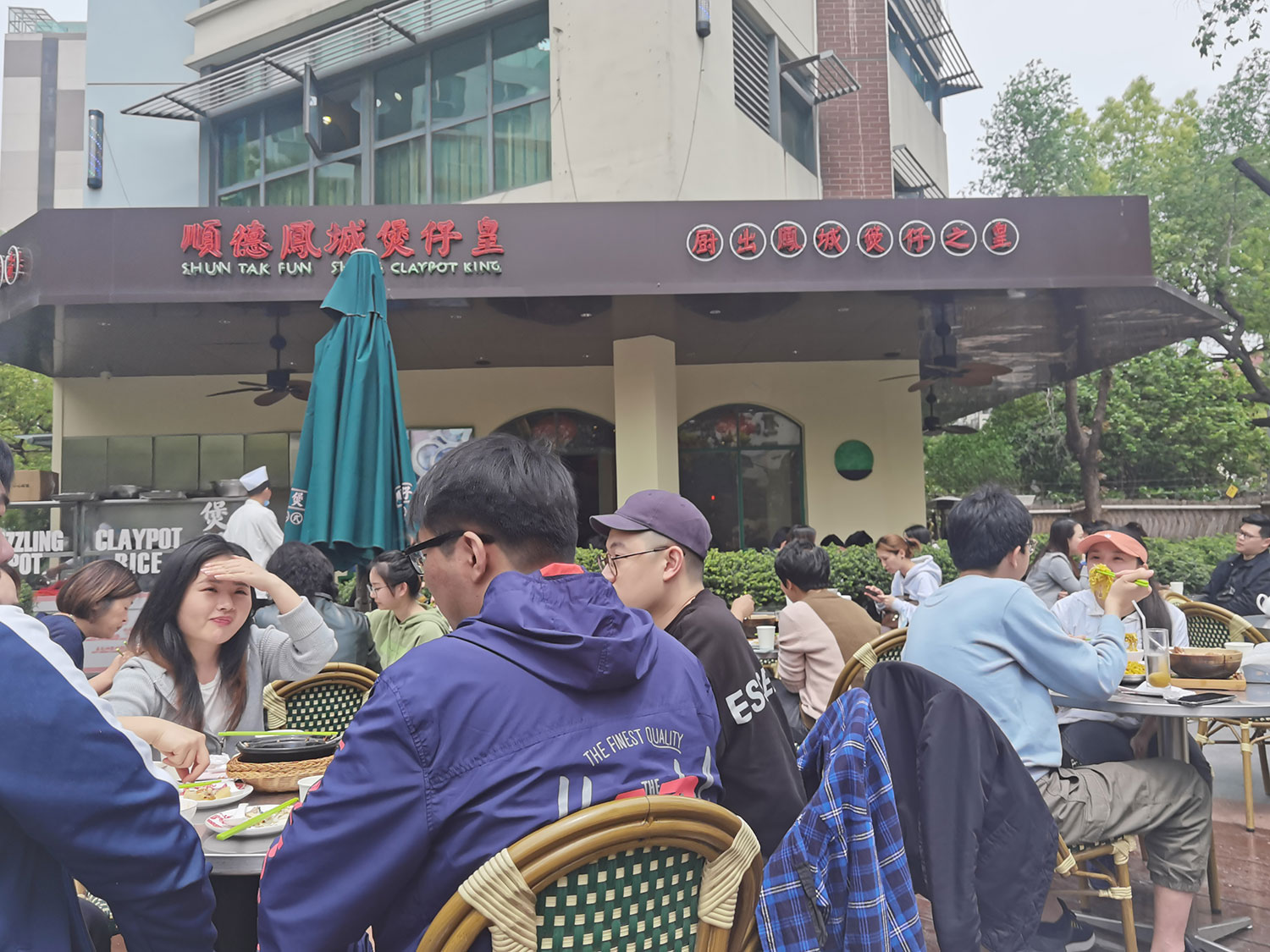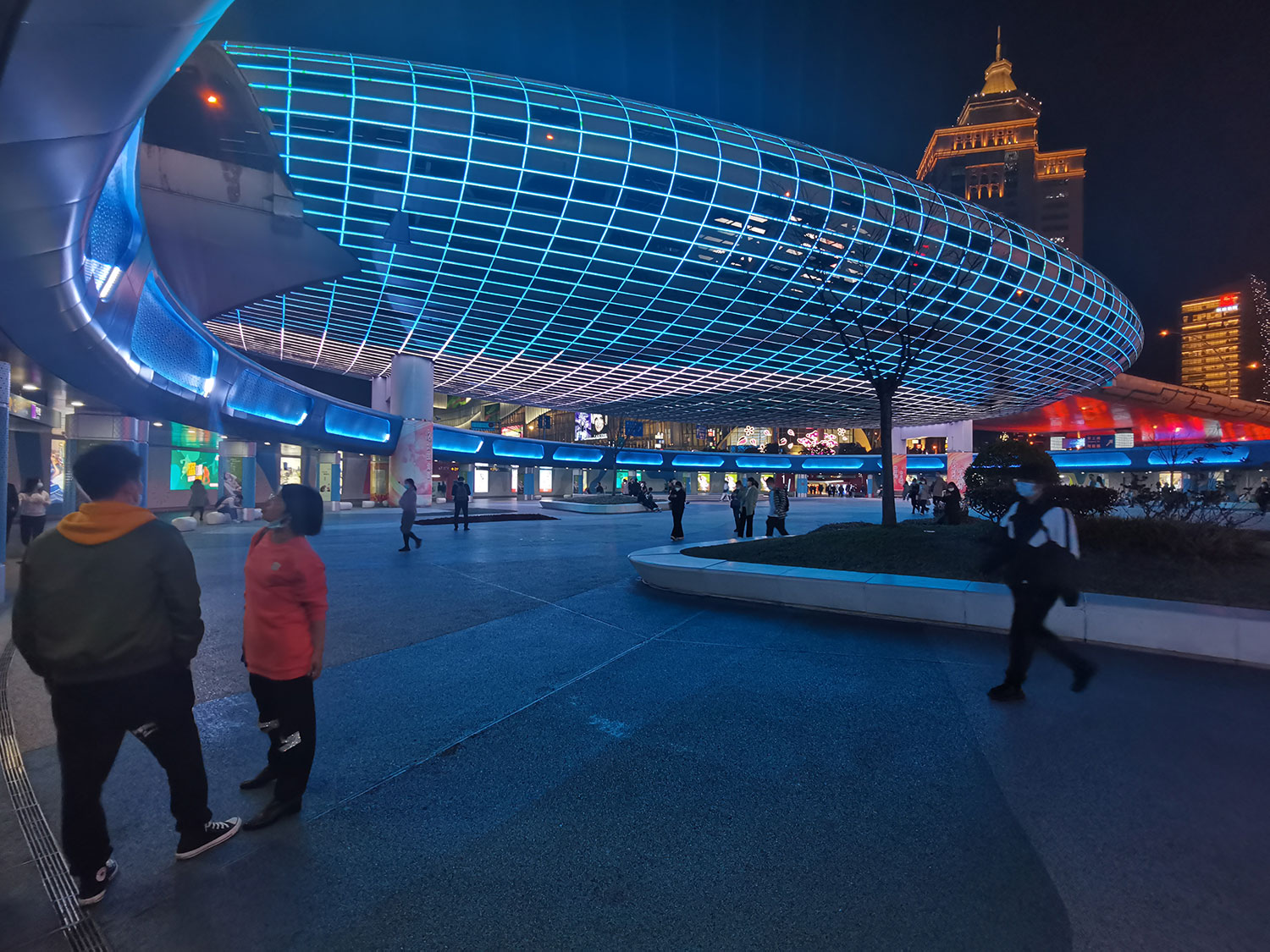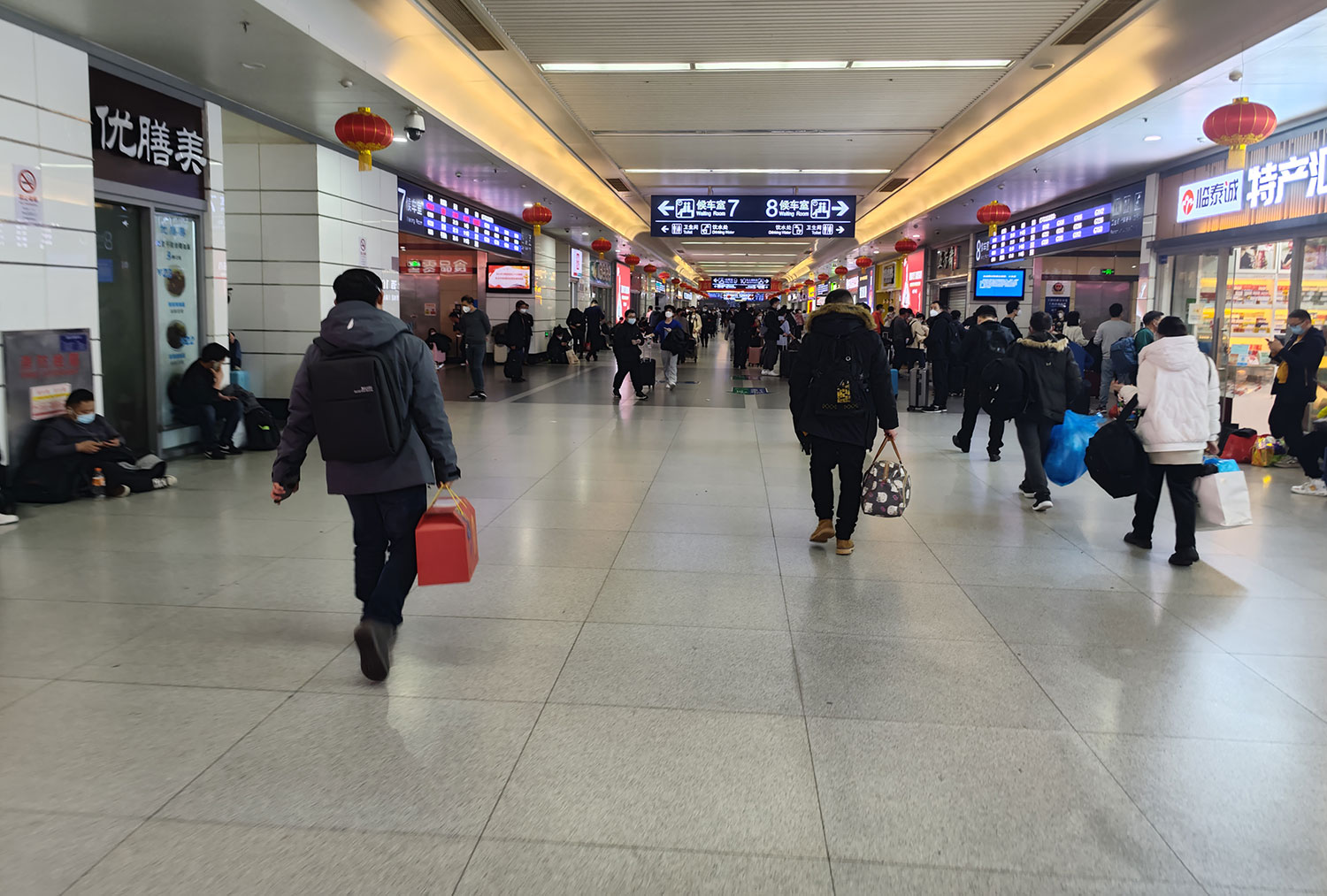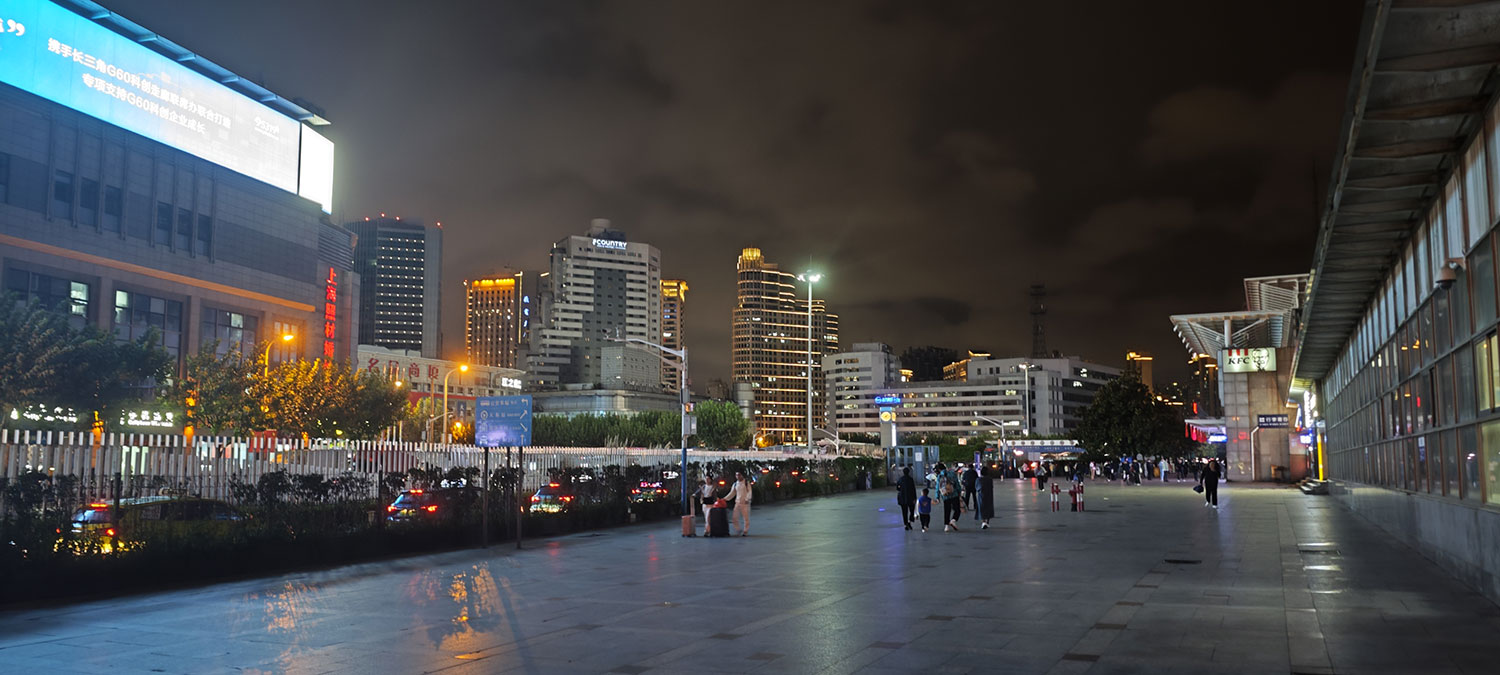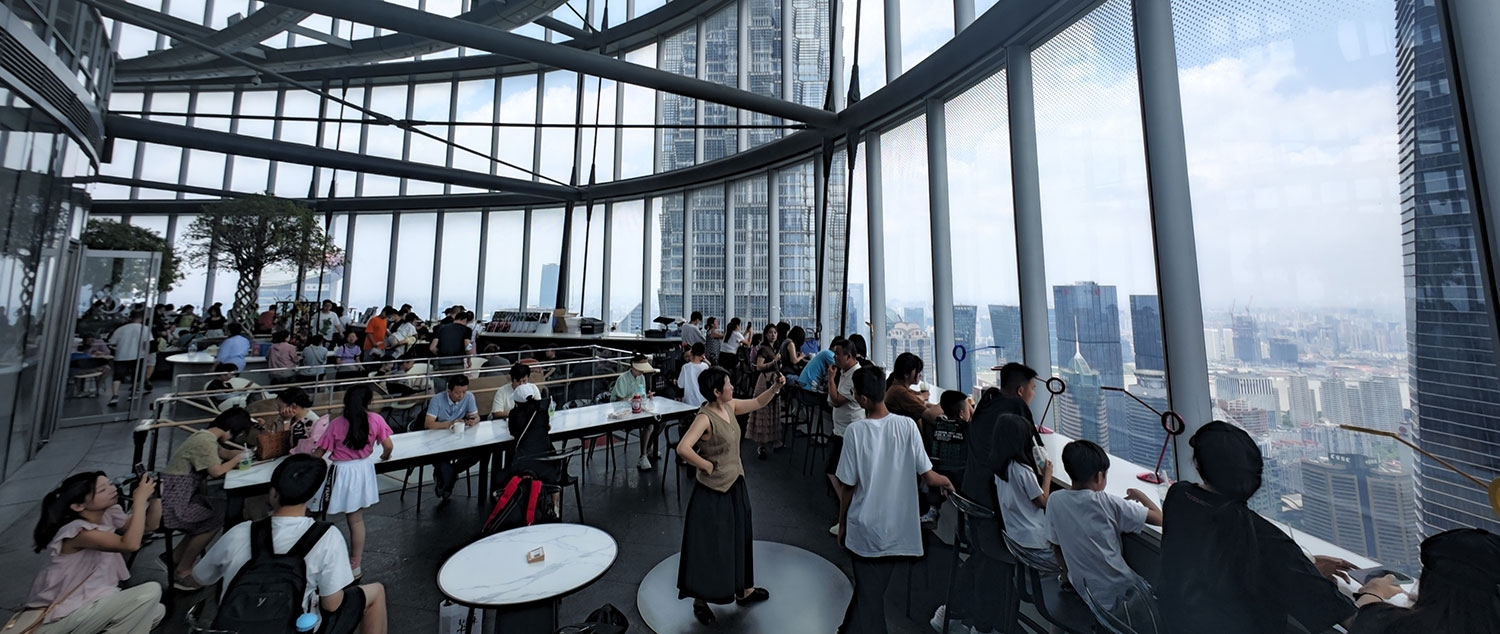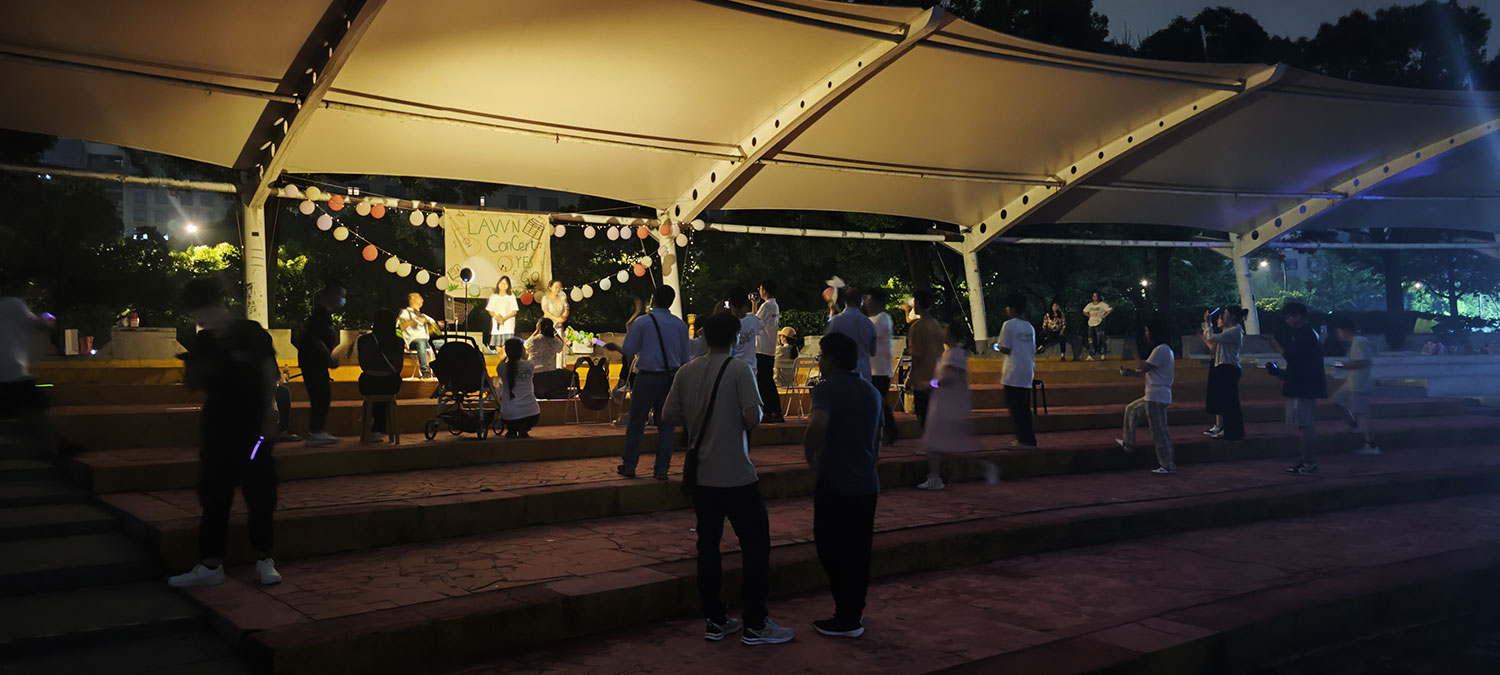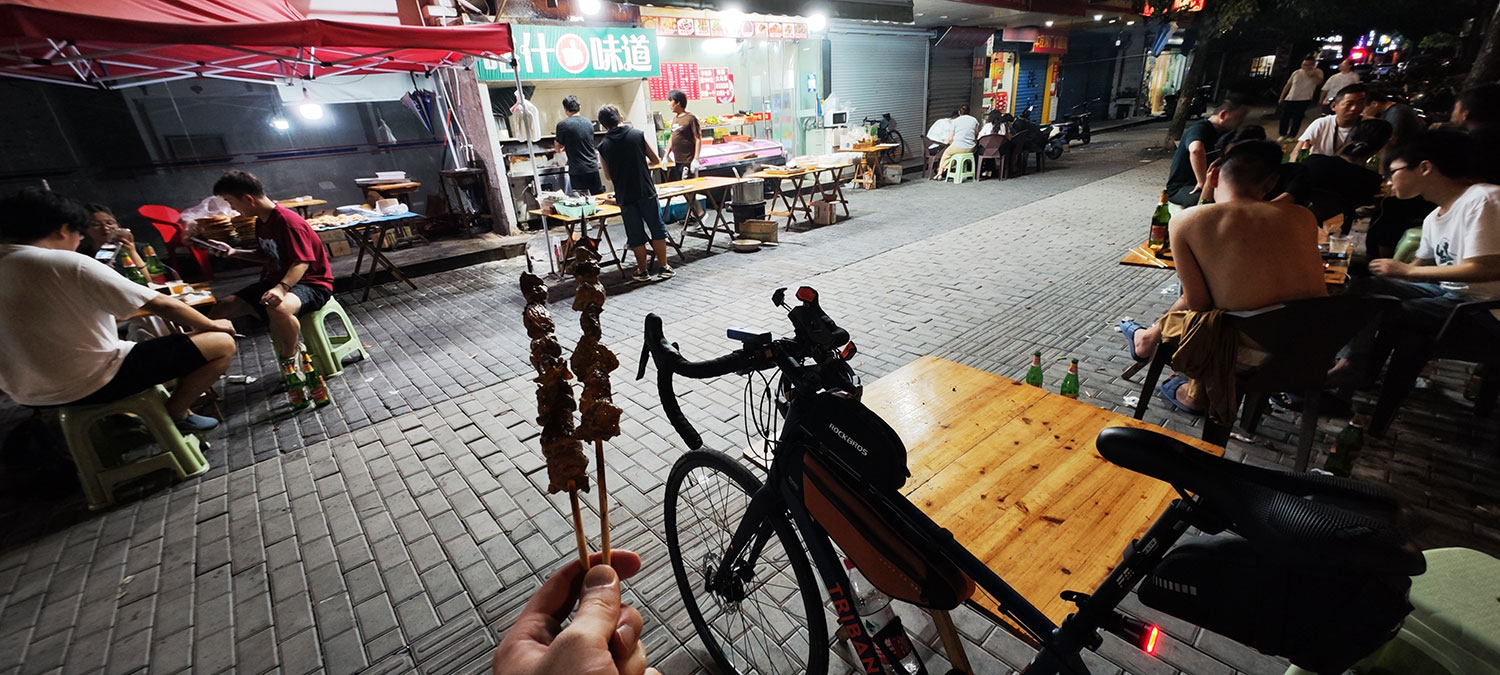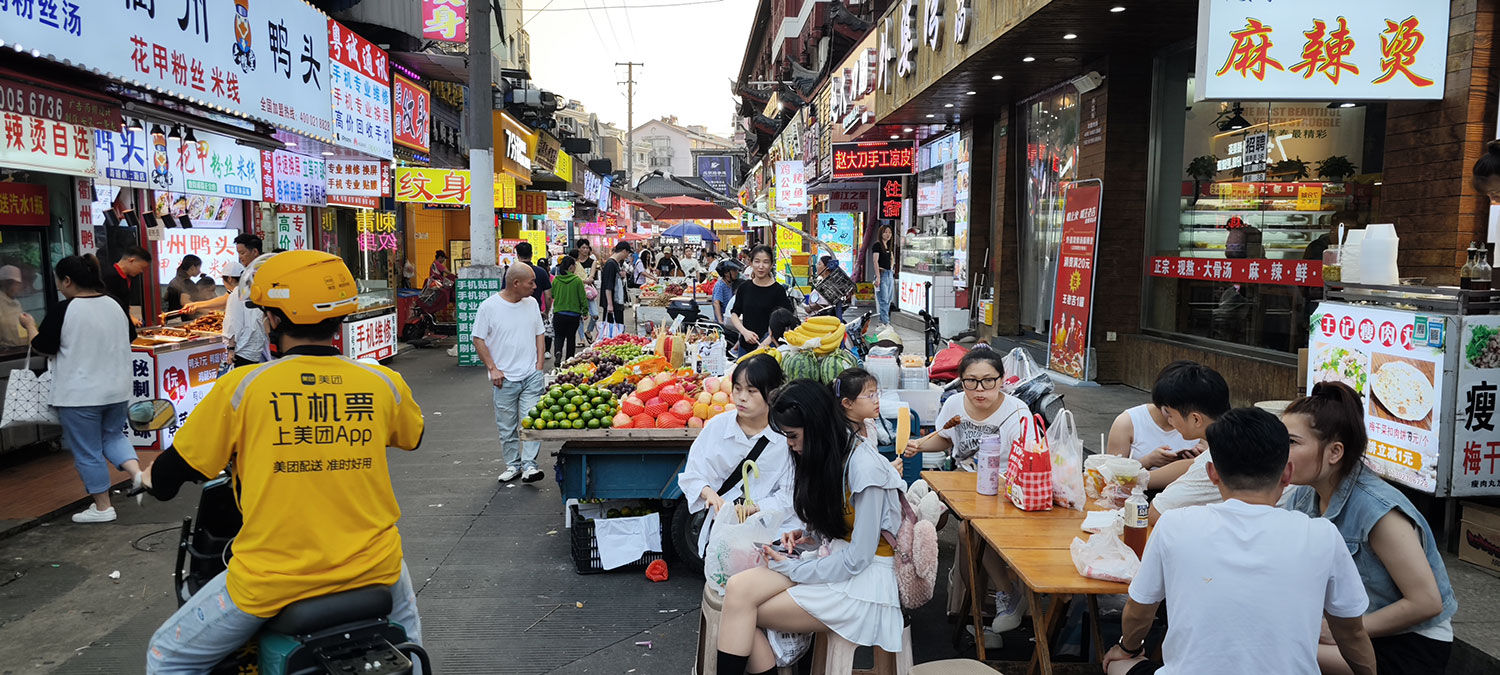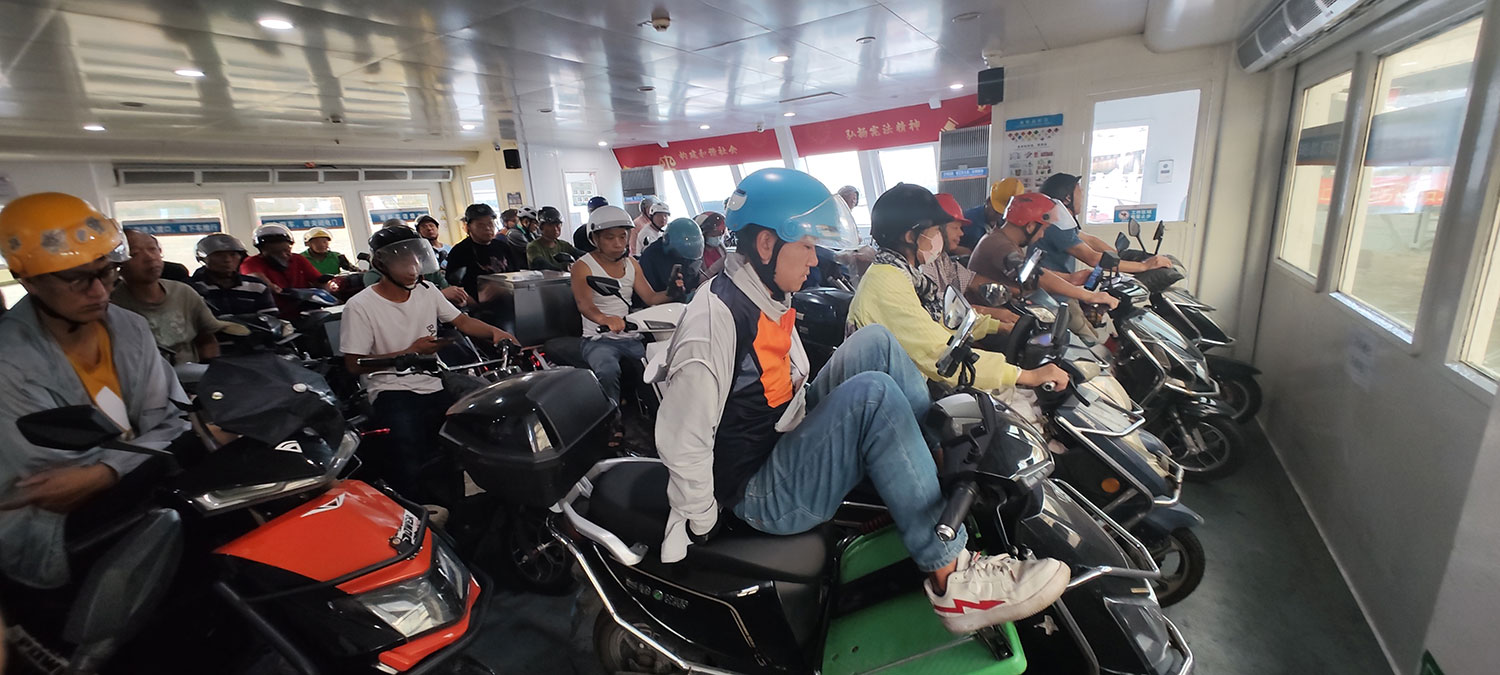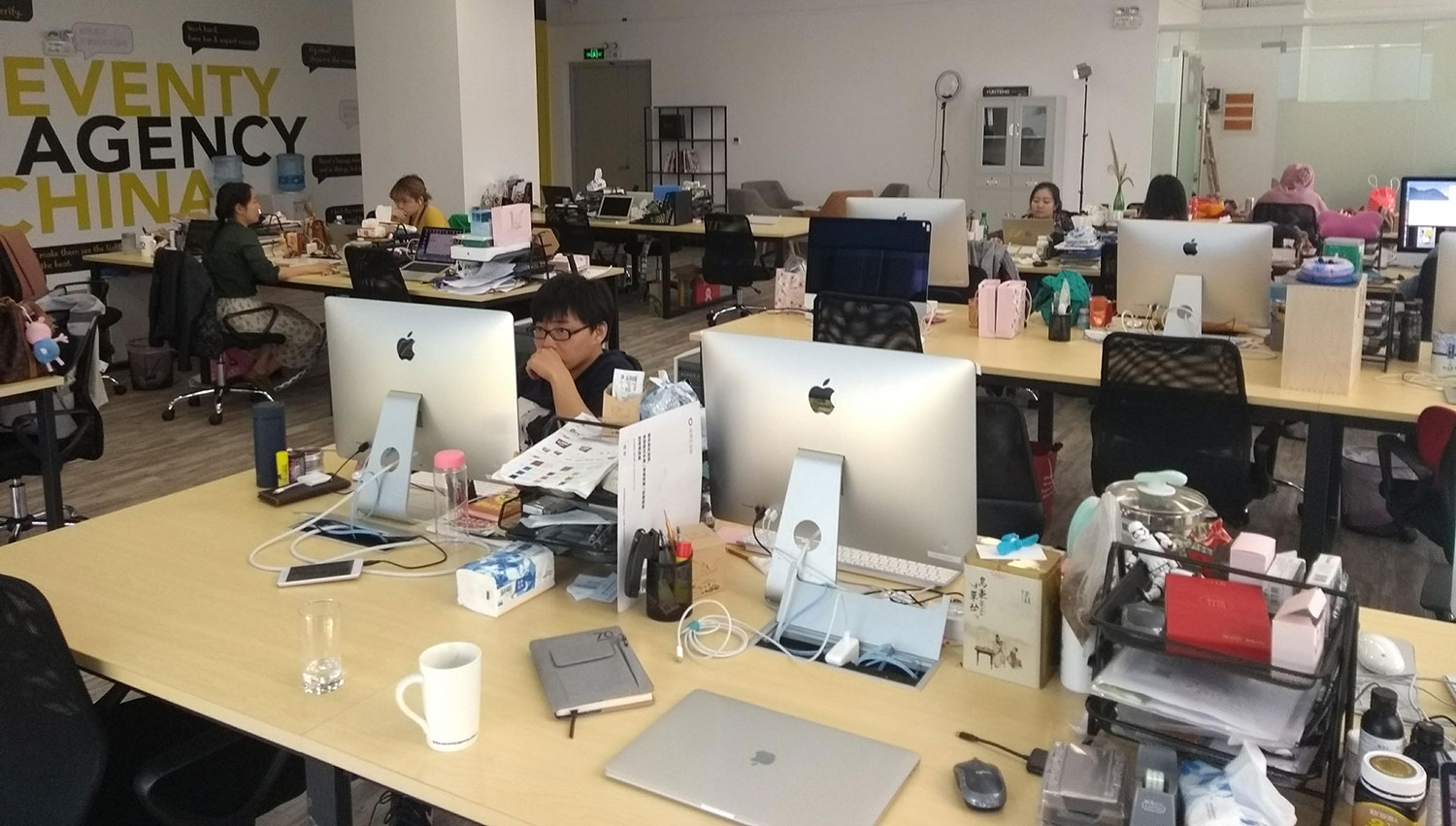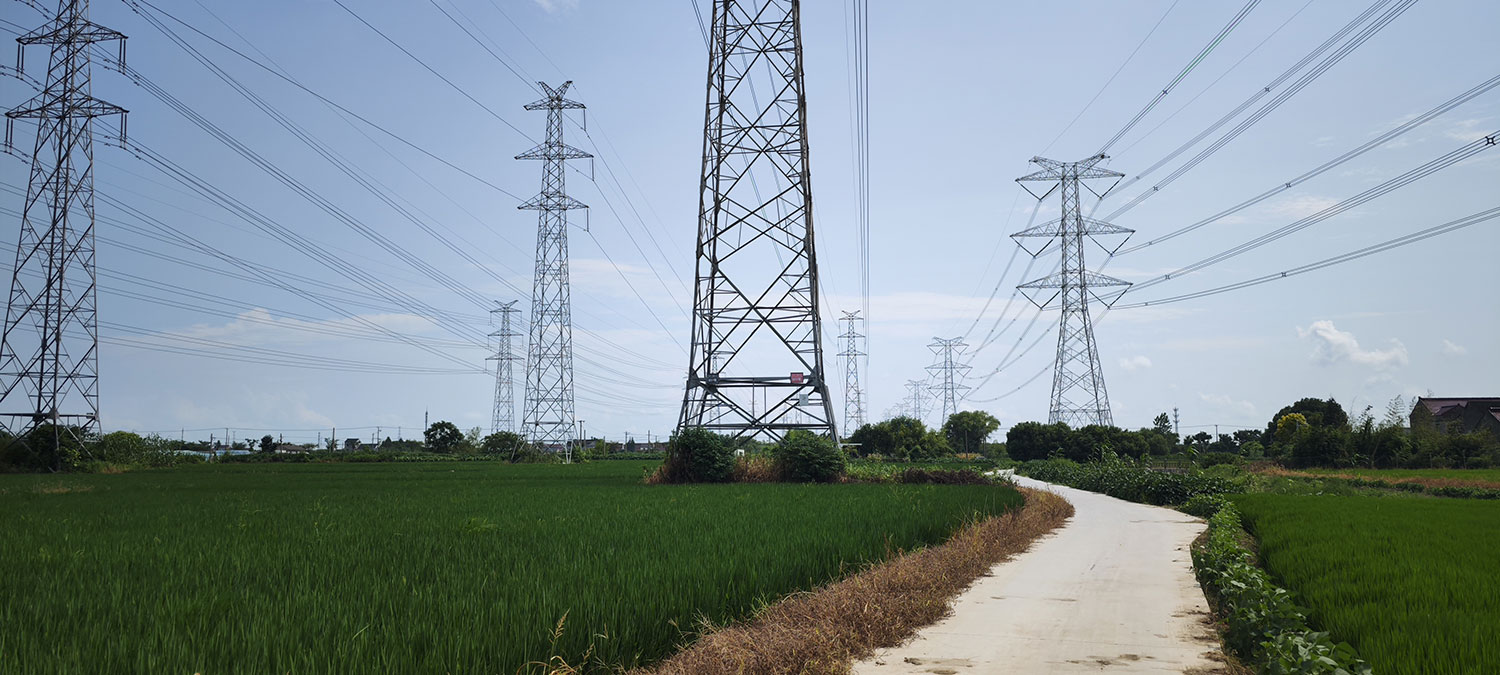When I was back in the Netherlands last month, one thing I often heard was that people see China as a scary country.
And I don’t want this to be some justification for all of China’s flaws — nor whether you should agree with it. If you’re a journalist, China can be scary — but for normal people, should the feelings you have about China prevent you from visiting the country? Or could I ask myself — now in China for over five years — is China scary to me?
First, I could think of several reasons why people would think of China as scary:
- They’ve never been there.
- China has changed a lot in the last decades, but old stereotypes survive. Air pollution isn’t a thing of the past but it has gotten a whole lot better.
- There’s a different type of government with different powers, as we saw during covid, or cases such as ‘The Two Michaels‘.
- The way news works is that it only covers extremes and not daily life. Even Europe as seen through the lens of news media can seem chaotic. Elections like Brexit, stabbings, cars driving into terraces, the Russian-Ukraine war and energy crisis, etcetera. But when I was back in my hometown, nothing really happens and nothing ever changes. This then also applies to seeing China through the lens of the news. News does not focus on normal days where nothing happens.
- On top of that, Western media portrayal has its clickbait, bias, and lack of nuance. Some of it, such as on social credit, is simply false but hard to debunk. Also, Chinese people barely have a voice in Western (social) media. Twitter, and places like r/China on Reddit are incredibly anti-China. YouTube’s algorithm also promotes some videos with crazy and false theories about China.
- Meanwhile, Chinese state media only reports positive news, and so nobody is really interested in reading that, and if they do, does anyone really believe it?
- People in Europe rarely see anything from China. For example, I’ve never been to New York, but in movies, I’ve seen those streets a hundred times. Not only that, I understand what people are saying. Even French or Spanish sound more comprehensible than Mandarin. Chinese characters look incredibly foreign. And when we do see China in the news, it’s not about a very varied array of images either — it’s just stark images of police or Xi Jinping, if not a skyline covered in smog.
- It’s easy to think of China as scary while trying to understand it takes effort.
But is China really scary?
Well, maybe. Some ways I can think of:
- Sometimes some people want to discuss sensitive topics on WeChat and I’ll ask them to stop talking about that, or block them if they don’t.
- From a park in China, I once took a photo of a military plane and posted it on WeChat and Twitter, and several people mentioned I should not do that, so I deleted that — even on Twitter. I would never worry about that in the Netherlands.
- Many Western websites are blocked (although VPNs are sort of tolerated).
- Work pressure is very high with lots of overtime and stress. (This isn’t only because of the government, but also because ‘we’ (workers in China) collectively tolerate it.)
- During the Shanghai lockdown of 2022, we were locked in our apartment for two months. If you were infected, you’d be removed from your house to be taken to a quarantine center. Most goverments wouldn’t have such power.
But beyond that? I’m not planning on it, but if I wanted to burn a flag (or steal a bicycle), I would rather do that in the Netherlands than in China.
Also, there are no elections, but does it really matter? Of course, easy for a foreigner to say — I’m not in China hoping I’ll make any change apart from inside my immediate surroundings. But many Chinese people support Xi, and probably the vast majority doesn’t even care about politics, at least not at a country level.
Complaints (and yes, protests) are usually extremely specific at the city or district level. When you ask Chinese people whether they approve of Xi Jinping they’ll shrug their shoulders. Only in some rural villages, will you see people hanging up posters of Xi and his wife in their living room.
Here’s the thing.
When friends and family ask me what I think of China, whether I feel it’s scary, I just tell them I go to work every day, and sometimes cycle around or hike a mountain — and that’s it. Again, it’s definitely different if you’re a journalist, or perhaps running some religious entity. But daily life or normal tourist travel in China, for me it’s all fine.
So with that said, here are almost thirty photos of mundane life in China (which I think are most interesting), maybe to help you make it feel less scary. No pictures from high-rises, just as you’d experience it yourself.
